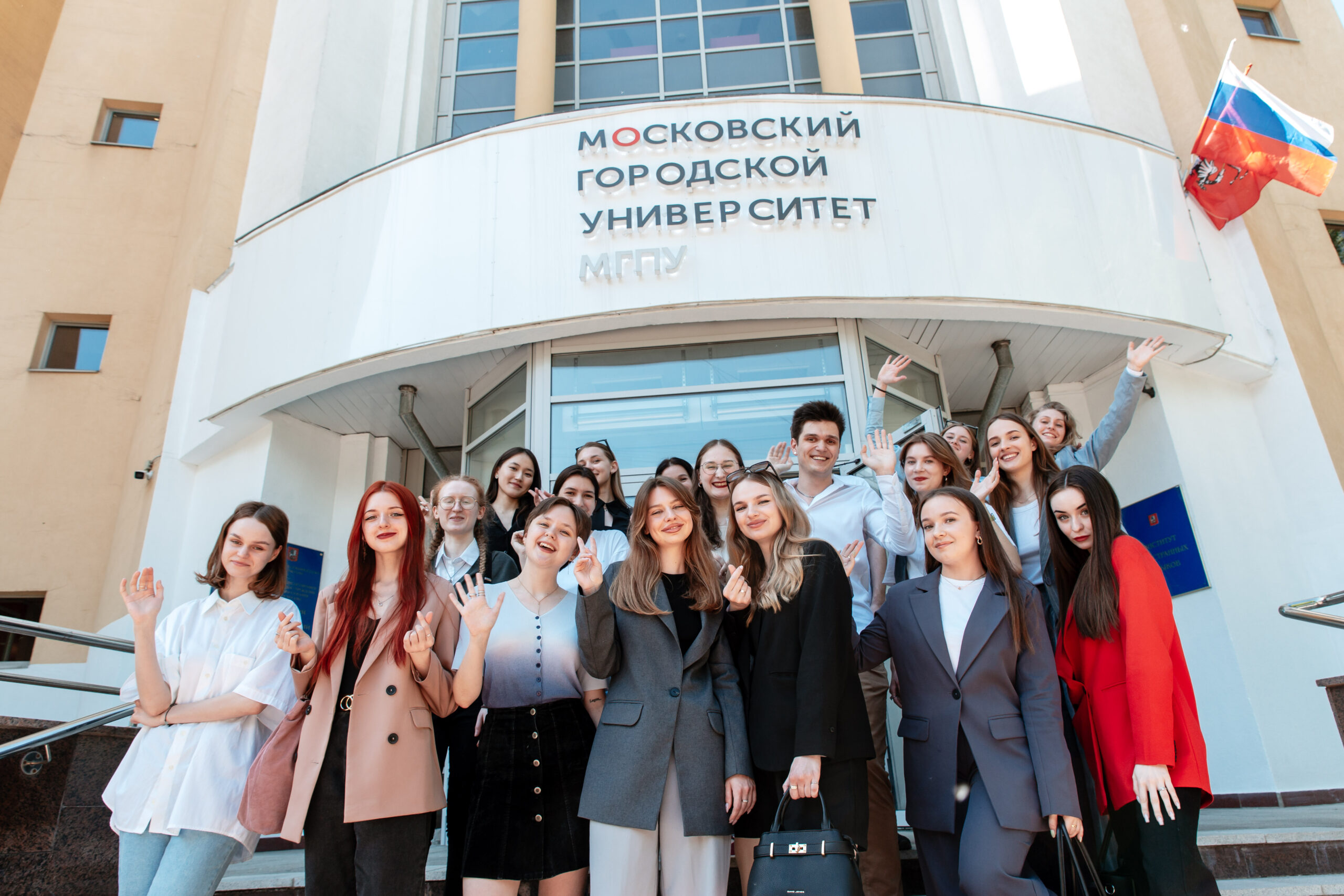Forbes magazine has published ranking of the 100 best Russian universities in 2024. They evaluated the universities based on five criteria: the demand for graduates, the quality of networking (building and developing a network of acquitances) and teaching, international reputation, and the number of graduates featured on Forbes lists. Lomonosov Moscow State University secured the first position in the rankings.
Moscow City University took the 50th place of the rating, scoring 28.6 points. According to Forbes, the university received 8.05 points for the quality of teaching and 20.6 points for the quality of networking.
Forbes considered a comprehensive list of 547 universities when conducting their calculations. They gathered data from the Ministry of Education and Science of the Russian Federation, surveyed top employers in Russia, and collected information from publicly available sources to assess the universities.
The “Quality of networking” metric was used to evaluate how well-connected and accomplished the students admitted to the university were, and the potential to establish valuable connections during the learning process. They considered 2 key factors: the average exam scores of applicants and the percentage of students who participated in academic competitions, compared to the total number of students at the university.
To assess the reputation of the university among employers, Forbes reached out to top companies in Russia and asked them to provide a list of universities whose graduates they considered well-prepared. They contacted companies from various regions of Russia and across 44 different industries.
The international reputation of the university, which signifies its recognition in global academic circles, is an important measure of the quality of its scientific work and the value of its degree worldwide. The metric considered the university’s position in the institutional ratings by three renowned agencies: Academic Ranking of World Universities, QS World University Rankings, and Times Higher Education. It also considered the university’s inclusion in the top 100 subject rankings by these agencies.
The “Teaching quality” metric considered various factors to evaluate how well the university’s teaching staff performed. These factors included the salary level of the teachers, the percentage of teachers with advanced degrees, the ratio of teachers to students, the percentage of foreign teachers, and the percentage of students enrolled in dual degree programmes.
Source: Forbes
Photo: MCU

